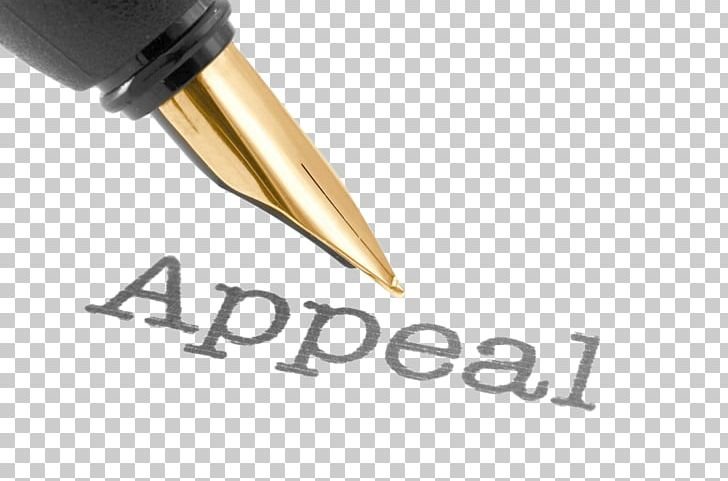When a court makes a final decision in a lawsuit, one side wins and the other side may want to appeal. An appeal means the losing party is asking a higher court to recheck the case. But appealing takes time, and during this period, the winner of the case may try to collect money or enforce the judgment. This is where a supersedeas bond becomes important. It protects both sides during the appeal process and helps keep things fair while the legal battle continues.
In this blog, we will explain what this bond is, why it is used, how much it costs, who needs it, and what happens if the person appealing fails to follow the rules. Everything will be explained in simple English so anyone can understand.
What Is a Supersedeas Bond?
A bond is a type of guarantee. When someone files an appeal, the court usually requires a financial guarantee to make sure the judgment will be paid if the appeal fails. This guarantee is called a supersedeas bond. It is also known as an “appeal bond.”
Its main purpose is to protect the winning party. Without the bond, the winner might have to wait months or even years while the appeal is being decided. Instead, this bond ensures the winner still gets paid if the appeal is unsuccessful.
The person filing the appeal gives the bond to show the court that they are serious and responsible. It also prevents the winner from suffering financial loss during the delay caused by the appeal.
Why Do Courts Require This Bond?
Courts require this bond to keep the appeal process fair. When someone appeals, the judgment is usually put on hold. This means the winner cannot collect money or enforce the court’s decision until the appeal is over. With the bond in place, the winner has financial protection while waiting.
The bond protects the winning party in several ways:
- It guarantees the full payment of the judgment if the appeal fails.
- It covers additional costs, like interest or legal fees.
- It stops delays from hurting the winning side financially.
- It shows the court that the person appealing has the ability to pay.
Without the bond, a person could appeal just to delay payment, even if they have no strong reason to appeal. The bond prevents this type of misuse.
How Does a Supersedeas Bond Work?
The process of getting and using this bond is simple, even though the legal system can feel complicated.
1. A judgment is made
A court announces the final decision in a case. One side wins, and the other side loses.
2. The losing party wants to appeal
If the losing party believes the decision was wrong or unfair, they ask a higher court to review it.
3. The court asks for a bond
Before allowing the appeal to move forward, the court requires the person appealing to purchase a bond.
4. A bonding company issues the bond
The person appealing pays a percentage of the judgment amount to a surety or bonding company. The company issues a bond to guarantee payment if necessary.
5. Appeal continues with the bond in place
The appeal takes months or sometimes years. Meanwhile, the winner of the original case cannot collect the judgment, but the bond protects their interests.
6. Final result of the appeal
If the appeal succeeds, the judgment may be changed or reversed.
If the appeal fails, the bond must be paid to the winning party.
How Much Does a Supersedeas Bond Cost?
The cost depends on the amount of the judgment and the rules in the state where the appeal is filed. Most states require the bond to cover the full amount of the judgment, plus interest and costs.
Typical cost:
- A bonding company usually charges 1% to 5% of the total judgment amount.
- The bond may need to be renewed each year until the appeal is finished.
- If the person appealing has poor credit or a high-risk history, the cost may be higher.
Example:
If the judgment is $100,000, and the bonding company charges 2%, the bond cost will be $2,000 per year. This fee is not returned, even if the appeal is successful, because it is a service fee for providing financial security.
Who Needs This Bond?
Any person or business appealing a money judgment usually needs this bond. It applies to many situations:
- Business disputes
- Contract disagreements
- Personal injury lawsuits
- Real estate cases
- Employment disputes
If the court orders one party to pay money and they want to appeal the decision, they will likely need to purchase this bond before the appeal begins.
What Happens If You Don’t Get the Bond?
If the person appealing does not provide the required bond, several things may happen:
1. The appeal may not move forward
The court may reject the appeal until the bond is submitted.
2. The winner can collect immediately
The winning party can start collecting money, freezing accounts, or placing liens on property.
3. Additional penalties may apply
Courts may charge extra fees or interest for delaying the bond.
Because of these risks, getting the bond on time is very important.
What Happens If the Appeal Fails?
If the appeal is unsuccessful, the bond must pay for the following:
- The full judgment amount
- Interest that built up during the appeal process
- Legal costs related to the delay
- Any damages caused by the appeal
The bonding company pays the winning party first. Then the person who filed the appeal must repay the bonding company. This is why bonding companies check credit history and financial strength before issuing the bond.
What Happens If the Appeal Succeeds?
If the appeal is successful, the judgment might be reduced, changed, or completely reversed. In this case:
- The bond is released
- The bonding company is no longer responsible
- The person appealing does not have to pay the judgment
However, the fee paid for the bond is not refunded, because it covered the risk during the appeal.
Benefits of Using a Supersedeas Bond
Even though it may seem like an extra expense, the bond has many benefits:
For the person appealing:
- It allows the appeal to move forward.
- It prevents the winner from collecting money during the appeal.
- It helps avoid financial pressure while waiting for the higher court’s decision.
For the winning party:
- It guarantees payment if the appeal loses.
- It protects against delay damage.
- It builds trust in the fairness of the legal system.
Both sides gain security and peace of mind because the bond ensures fairness.
Tips for Getting the Best Bond Rates
If you want a lower cost when purchasing this bond, you can follow these tips:
- Keep your credit score strong.
- Choose a reliable bonding company with experience.
- Compare rates from different companies.
- Have financial documents ready for review.
- Pay the bond early to avoid delays.
A good bonding company will explain the process clearly and help you understand every step.
Final Thoughts
A supersedeas bond is an important part of the appeal process because it protects both the person appealing and the winning party. It ensures fairness, prevents misuse of the appeal system, and guarantees financial security while the case continues. Whether you are involved in a business dispute, personal case, or financial lawsuit, understanding how this bond works can help you make better decisions.
Knowing what it costs, why courts require it, and how it affects the appeal gives you the confidence to handle the legal process with ease. No matter how long an appeal takes, this bond keeps everything stable and secure for both sides until the final decision is made.




Leave a Reply